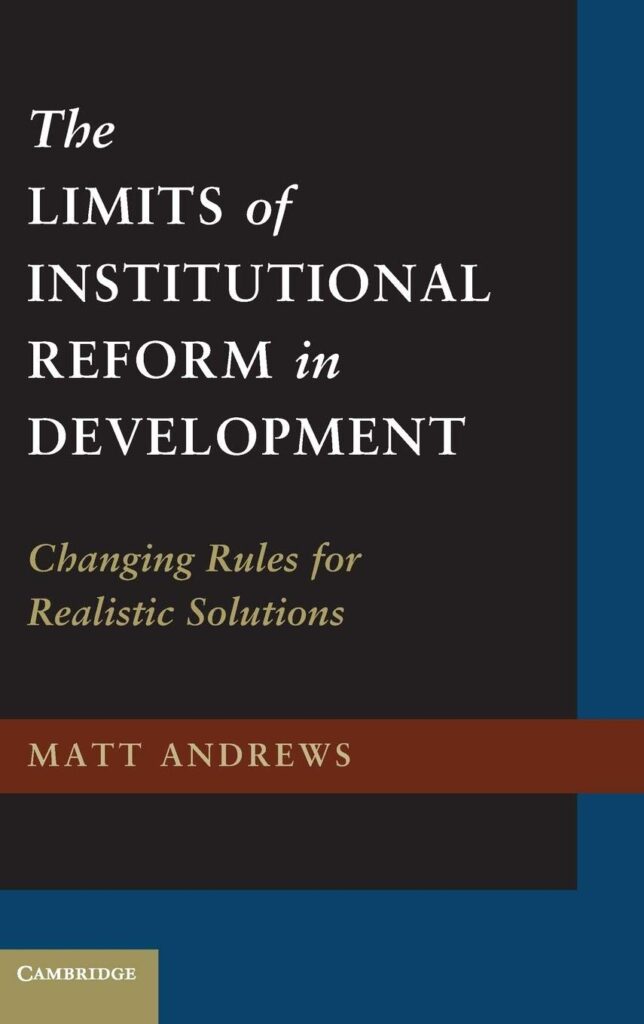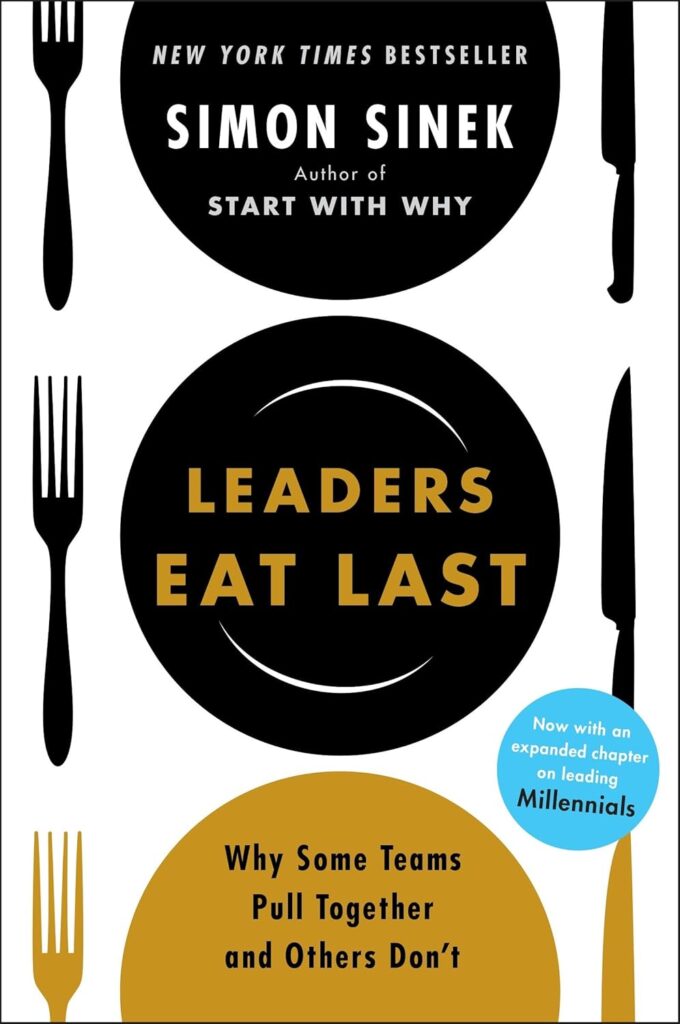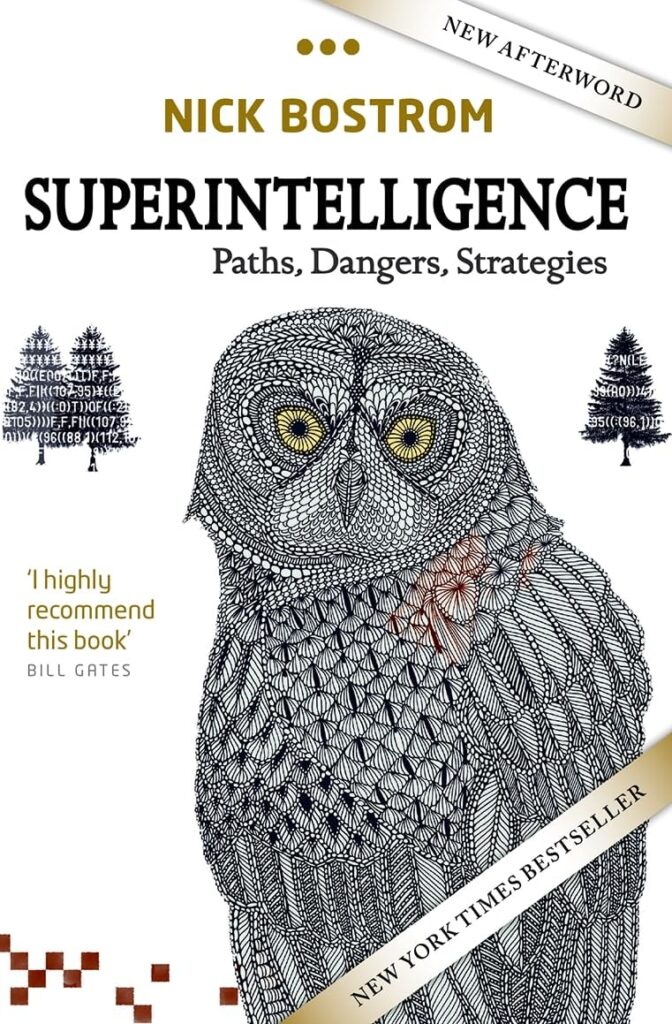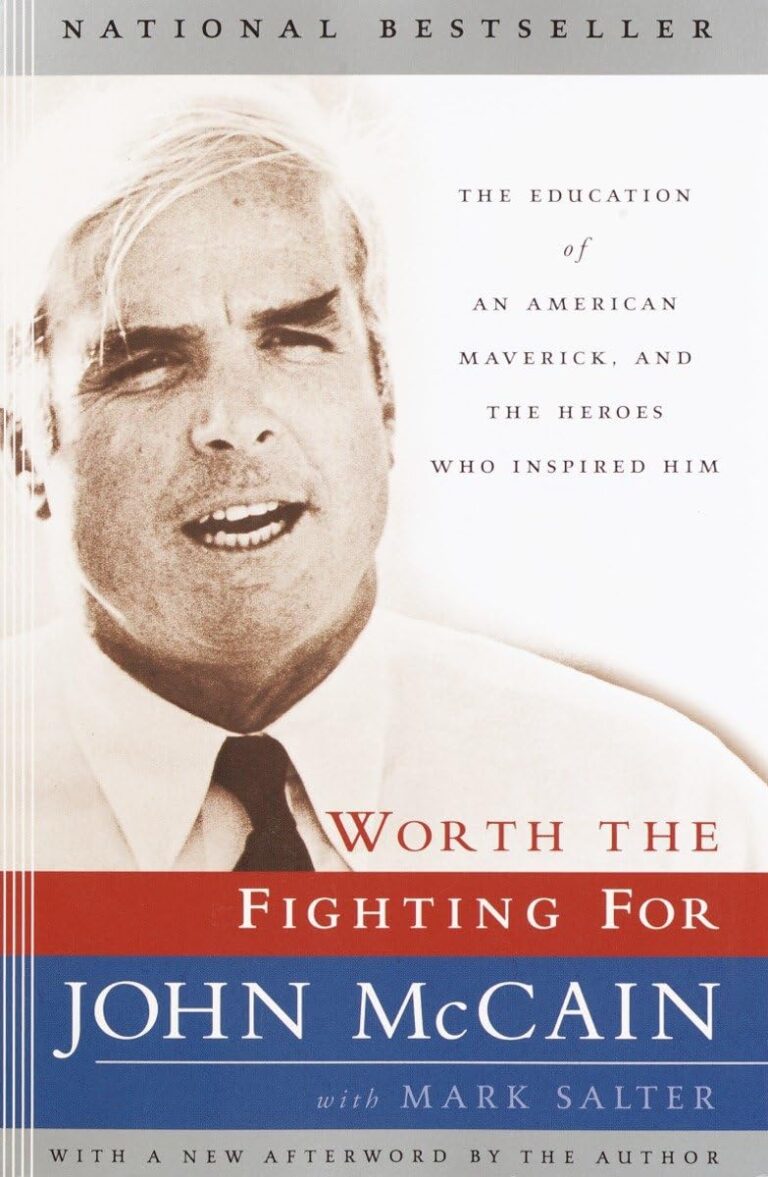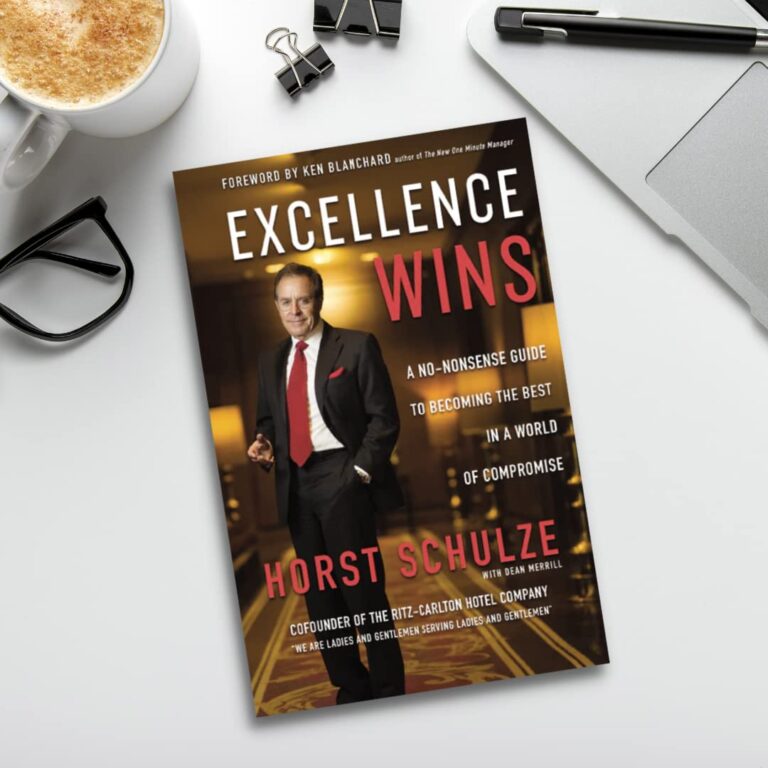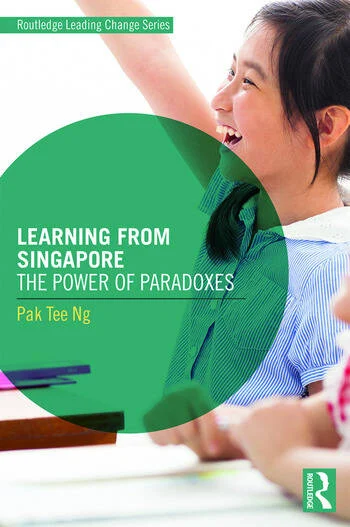In 2024, despite the busy election and political campaign season, which limited my reading time, I managed to explore a diverse range of books that deepened my understanding of leadership, development, and personal growth. The Limits of Institutional Reform in Development by Matt Andrews reshaped my view on effective reform, while Hard Choices by Hillary Clinton offered insights into high-level decision-making. Worth the Fighting For by John McCain and Mark Salter shared powerful lessons on resilience and leadership.
I delved into leadership with HBR’s 10 Must Reads On Leadership and Leaders Eat Last by Simon Sinek, both of which emphasized trust and collaboration. Learning from Singapore by Pak Tee Ng provided valuable lessons in navigating paradoxes, and Crucial Conversations offered tools for managing high-stakes dialogues. Hawaale Warran by Hadraawi enriched my understanding of Somali culture and wisdom.
Additionally, Nick Bostrom’s Superintelligence delves into the critical questions about the future of artificial intelligence. What will unfold when machines exceed human intelligence? Will they guide humanity to new heights or pose an existential threat? This groundbreaking work unpacks the possibilities and challenges of a world influenced by superintelligent systems, providing a fresh perspective on humanity’s role in shaping the destiny of intelligent life.
As someone deeply engaged in navigating complex and evolving challenges, this book has significantly broadened my understanding of AI’s transformative potential. It has equipped me with the foresight to approach its opportunities and risks with a balanced perspective, ensuring preparedness for the profound changes AI may bring.
Though my reading was less than usual due to the hectic political season, these books have profoundly influenced my personal and professional growth, shaping my approach to leadership, decision-making, and communication. I highly recommend them to anyone interested in leadership, development, and self-improvement, as they offer practical insights and timeless wisdom.
Hawaale Warran by Maxamed Ibraahin Warsame Hadraawi
HAWAALE WARRAN is a literary masterpiece by the legendary Somali poet Maxamed Ibraahin Hadraawi, offering readers a profound exploration of culture, social dynamics, and the essence of life. Through the eloquent prose and poetic depth of the author, the book sheds light on societal flaws and challenges, urging reflection and action to prevent future regrets.
Rich in Somali literary heritage, Hawaale Warran weaves together themes of cultural identity, social responsibility, and personal growth. It is a timeless guide for anyone passionate about understanding the complexities of society and the transformative power of Somali literature.
Crucial Conversations: Tools for Talking When Stakes Are High by Joseph Grenny, Ron McMillan, Al Switzler, and Kerry Patterson.
Gifted by Dr. Abdirahman Madar, Crucial Conversations is a timely and transformative book that has redefined the art of effective communication. A New York Times and Washington Post bestseller, it has empowered millions to navigate high-stakes conversations with confidence and clarity, and it has shaped my perspectives a lot.
Praised by thought leaders like Stephen R. Covey and Mark Victor Hansen, this groundbreaking work offers practical tools to handle emotionally charged situations, foster understanding, and build stronger relationships. Whether you’re managing conflicts, making critical decisions, or strengthening personal and professional bonds, Crucial Conversations equips you to transform potential obstacles into meaningful dialogue and lasting impact.
Learning from Singapore: The Power of Paradoxes by Pak Tee Ng:
Pak Tee Ng’s Learning from Singapore: The Power of Paradoxes delves into the intricate dynamics behind Singapore’s globally celebrated education system. Far beyond surface-level success, the book explores how Singapore navigates complex contradictions to achieve both excellence and equity. Through a thoughtful examination of key paradoxes and deliberate strategies, Ng provides valuable insights into the principles and practices that have shaped one of the world’s most effective education systems, offering inspiration for policymakers and educators worldwide. Read More
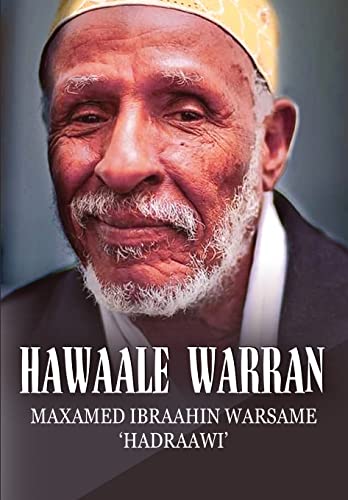
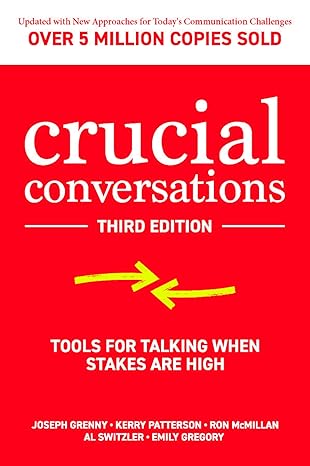
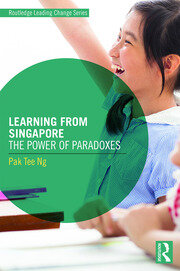
Harvard Business Review’s “HBR’s 10 Must Reads On Leadership”
While browsing a bookstore at Dulles Airport, I discovered HBR’s 10 Must Reads On Leadership. This curated collection of Harvard Business Review articles offers practical insights for elevating leadership skills, anchored by Peter F. Drucker’s timeless piece, “What Makes an Effective Executive.” Packed with actionable strategies, the book provides guidance on motivating teams, fostering self-confidence, and navigating challenges—all essential for aspiring and seasoned leaders alike. Read More
Worth the Fighting For: The Education of an American Maverick, and the Heroes Who Inspired Him by John McCain with Mark Salter
Worth the Fighting For by Senator John McCain, co-written with Mark Salter, is a deeply reflective memoir that chronicles McCain’s journey from a naval aviator and prisoner of war in Vietnam to a transformative leader in U.S. politics. Beyond recounting events, it explores themes of leadership, resilience, and integrity, offering timeless lessons on the value of service, accountability, and standing firm for meaningful causes. As a McCain 2024 Fellow, reading this book provided not only inspiration but also a profound connection to the principles of bold and principled leadership that McCain exemplified. Read More
Hard Choices by Hillary Rodham Clinton
In Hard Choices, Hillary Rodham Clinton provides an insightful and detailed account of her time as Secretary of State during President Barack Obama’s first term. Initially anticipating a return to the Senate after her 2008 presidential campaign, Clinton was unexpectedly invited to join Obama’s administration, where she played a pivotal role in addressing global challenges. From mending alliances and managing crises to navigating the complexities of war and diplomacy, Clinton reflects on the critical decisions that shaped U.S. foreign policy. With rich narratives and sharp analysis, the memoir offers a thoughtful exploration of leadership, resilience, and the strategies needed for America to thrive in an interconnected world.
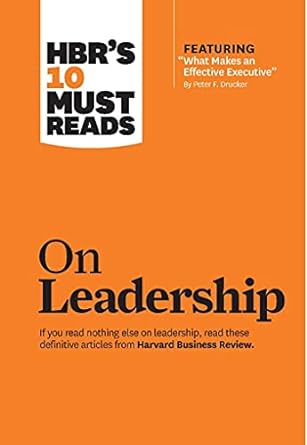
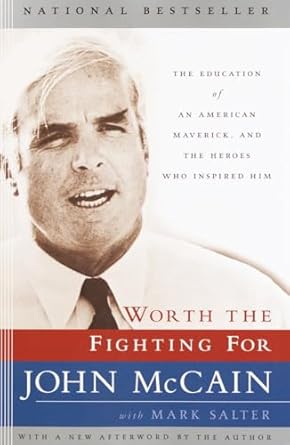
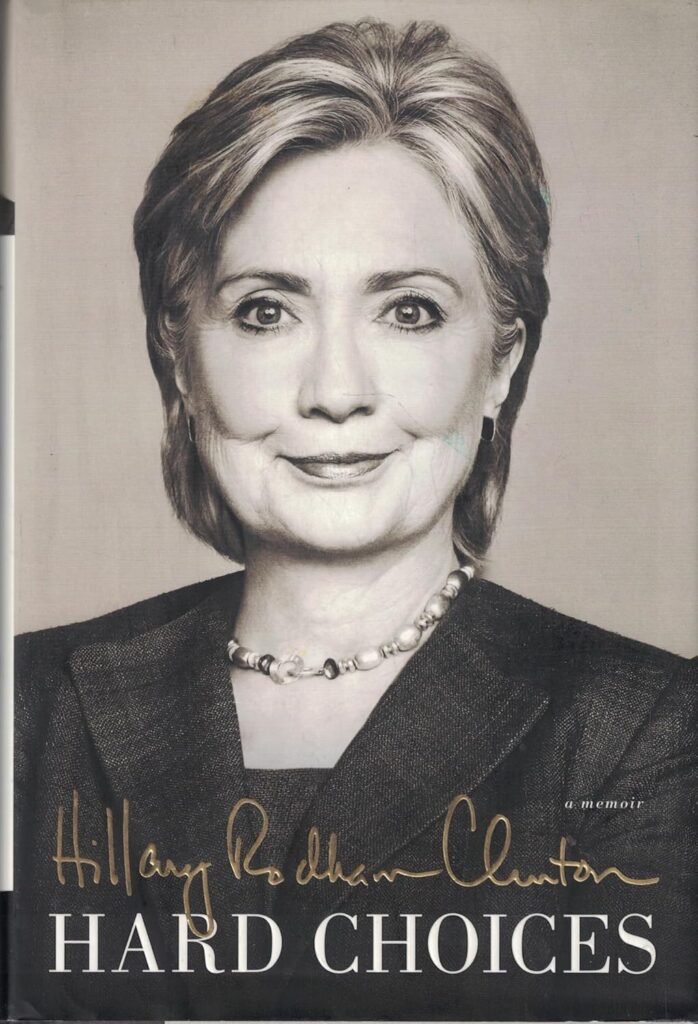
The Limits of Institutional Reform in Development: Changing Rules for Realistic Solutions by Matt Andrews
In The Limits of Institutional Reform in Development, Matt Andrews challenges conventional approaches to institutional reform, offering a pragmatic perspective on achieving meaningful change in developing contexts. By examining why traditional reforms often fail, Andrews advocates for context-specific, adaptive solutions that address real-world complexities. This has also contributed to my understanding of always promoting a context-specific, African solutions-to-our-problems approach when dealing with development projects.
This insightful book is essential reading for policymakers, development practitioners, and anyone seeking realistic strategies to foster sustainable progress.
Superintelligence: Paths, Dangers, and Strategies by Nick Bostrom
Nick Bostrom’s Superintelligence delves into the critical questions about the future of artificial intelligence. What will unfold when machines exceed human intelligence? Will they guide humanity to new heights or pose an existential threat? This groundbreaking work unpacks the possibilities and challenges of a world influenced by superintelligent systems, providing a fresh perspective on humanity’s role in shaping the destiny of intelligent life.
As a government official navigating the complexities of a rapidly evolving world, this book has profoundly enhanced my understanding of AI at this pivotal moment in history, equipping me with insights to approach its opportunities and challenges with clarity and foresight.
Leaders Eat Last by Simon Sinek
As the Somaliland election season of 2024 unfolds, my final read is the bestselling book Leaders Eat Last by Simon Sinek. This remarkable work unpacks the essential elements of effective leadership, exploring why some organizations consistently outperform others. At its core, the book emphasizes the importance of leaders understanding their organization’s true purpose and using it as a guiding principle in all aspects of their decision-making. Sinek argues that this clarity of purpose serves as a north star, aligning the actions of leaders with the values and goals of the organization.
Beyond strategy and vision, Simon Sinek highlights the critical role of fostering trust and care within teams in Leaders Eat Last. He illustrates how successful leaders prioritize the well-being of their people, creating environments where individuals feel valued and protected. By putting the needs of those they lead above their own, these leaders inspire loyalty, collaboration, and a shared commitment to success. The book provides a powerful reminder that leadership is not just about achieving results but about building a culture where everyone can thrive.
